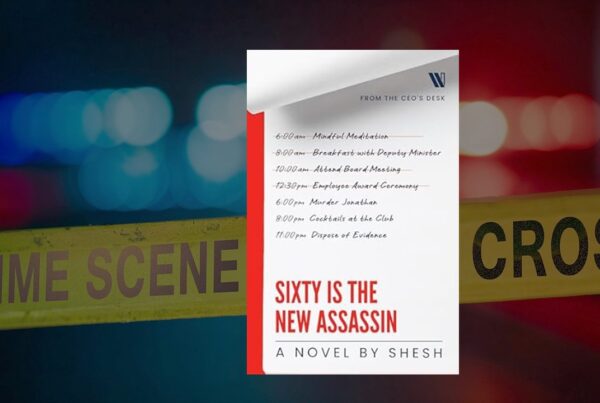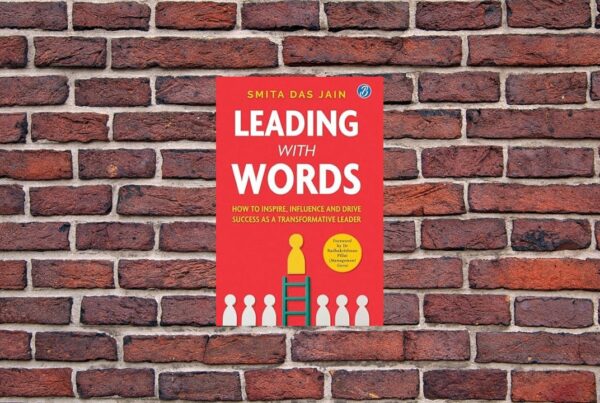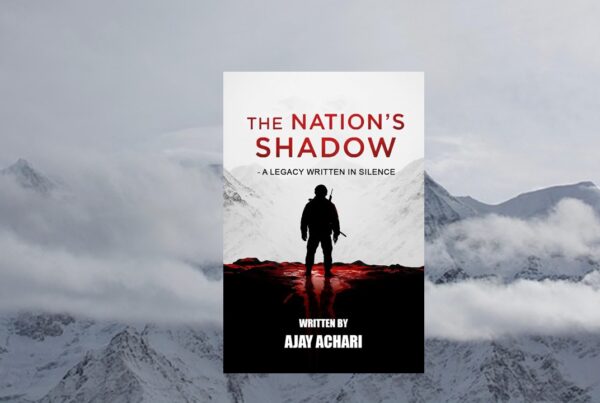Prince Harry’s Spare is a memoir, a tell-all, and a book about grief, loss, and introspection. Ghostwritten by J. R. Moehringer, it features many poignant moments but is quite long at 400 pages.
The book chronicles Harry’s life- starting with Princess Diana’s fatal car crash that turned his life upside down. He also talks about his relationship with his family, his stint in the army, his hatred of the press, finding the love of his life, and finally his move to the US, breaking away from the rest of the royals.
What is obvious on every page is Harry’s love for Princess Diana. His initial denial (Mummy has disappeared to escape the press, she will come to get me soon) is heart-wrenching. He wonders why the doctors can’t fix her if she has been hurt in a crash. His grief and trauma at age twelve carry well into adulthood. My eyes welled up when I read about how he interpreted events and the appearance of certain animals as signs from his mother.
Been there, Harry. It’s not easy.
At one point, Harry goes through the tunnel where Diana had her fatal car crash and keeps questioning how the accident could have happened. His hunt for closure is haunting. Spare is about such moments of grieving and self-revelation. The royals- be it Prince Charles or Prince William (Willy as Harry calls him) do not display much emotion or get Harry much-needed help. Harry starts therapy years later and only then starts processing the tragedy.
Prince Charles is portrayed as a bookish, indifferent father, obsessed with habits and routine. William, the competitive sibling is depicted to be jealous and distant. Harry is indignant that his brother didn’t stand up for him on many occasions. Camilla is the evil stepmother who leaks stories to the press. Queen Elizabeth is shown in a slightly more favorable light, but at times she is portrayed as a puppet. Harry tries his best to please his father by reading Shakespeare, even though he isn’t into books. He mentions that he starts with Hamlet, but then gives up when the story hits too close to home; in Hamlet, a parent dies, and the surviving parent marries the usurper. Poignant.
The middle part of the book drags significantly, and many a time becomes one big whine-fest, especially when it comes to sibling rivalry.
William is the monarch-to-be, the heir. I’m treated as a spare; a reserve kidney for him in case his gets damaged!
At times, this whining comes from a place of privilege, giving the reader ‘poor little rich boy vibes.’ Harry is treated as second best and constantly mocked by the press for being dull. However, how many of us can hop onto a private jet to go camping in Africa? There is no denying that Harry suffered from trauma, but he did have access to resources, which not many others may have.
Africa is Harry’s happy place- he feels a strange kinship there. Life in the army gives him stability and purpose, but the press stands in the way of his happiness. He nicknames two press people Tweedle Dumb and Tweedle Dumber. They hound him and take photos without permission, spinning stories about his drug abuse.
Harry references acts of violence like hunting animals or killing during the war rather causally. Those are hard for the reader to digest; any life is valuable and should be treated with sensitivity. He also mentions the British empire’s Colonialism but doesn’t touch upon the atrocities. He mentions the Kohinoor in passing (‘they say we stole it’) If only he took a stand!
The book also suffers from TMI- too much information. Harry describes a trip to the North pole and subsequently the frostbite that suffered in certain nether regions in far too much detail. The doctor’s advice is to give time for the healing. It will take a long time for the reader to heal from this chapter. Also mentioned is his casual usage of recreational drugs, which could have been avoided.
Harry’s meeting with Meghan and their romance is straight out of a fairy tale, with plenty of tender moments. You feel their connection, their mutual respect and admiration, and his desire to protect her from the same fate that befell Diana.
Harry mentions how the British press tries to malign Meghan and how the family wasn’t very accepting of a biracial bride. The famous wedding dress controversy and the Kate- Meghan fallout is detailed. The subsequent happenings would rival all family dramas on television. My heart goes out to Meghan for the humiliation she suffered, though this is a one-sided narration since the royals have been mostly tight-lipped following their ‘don’t-complain-don’t-explain’ policy.
What doesn’t sit right is that the couple’s subsequent actions are not in accordance with the feelings expressed in Spare. If they desired privacy why would they go on Oprah? Why would they sign up a deal with Netflix which produces Crown, a soap that dissects each moment of Diana’s life? Why would Harry share intimate details of the royals for public consumption? If you wanted to reconcile with your family, how does washing dirty linen in public help? Every family is dysfunctional in their own ways; the royals are no exception! One cannot but experience a sense of schadenfreude.
This memoir does have its moments, but the sheer length drags it down and at times it does become more of a ‘Spare me’.




